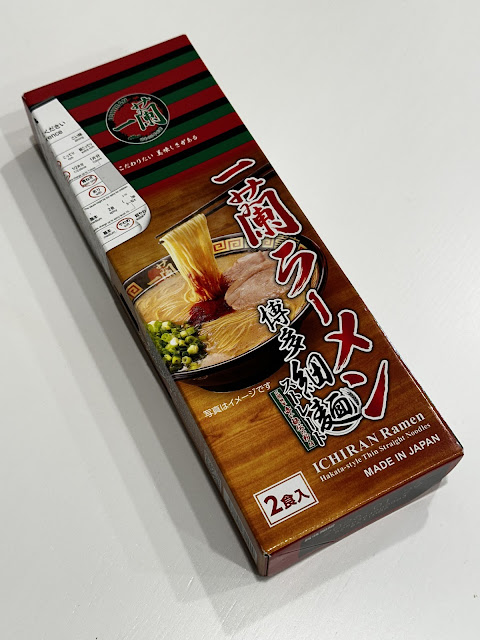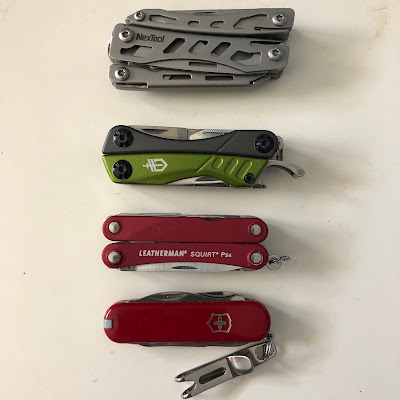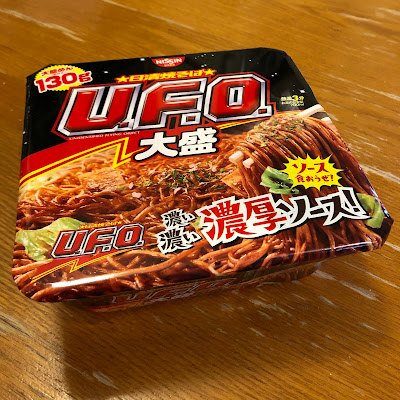Cats and Coffee and Books Means It's Japanese Cozy Fiction or Fantasy
In the land of vending machines and seasonal KitKats, Japanese literature was known for its deep philosophical musings, existential dread, and the occasional ghost who just wanted to chat. But somewhere between Haruki Murakami’s jazz-infused surrealism and Banana Yoshimoto’s dreamy melancholy, a quieter revolution was brewing—like a slow drip of pour-over coffee in a back-alley Tokyo café. Enter: Japanese cozy fiction.
Japanese cozy fiction—often called healing fiction or iyashikei—offers gentle, emotionally resonant stories that soothe the soul. These novels typically feature: Quiet urban settings like Tokyo alleyways or sleepy towns; magical realism, often involving time travel or talking animals; themes of grief, memory, second chances, and human connection; and recurring motifs including cats, coffee shops, libraries, and bookstores.
Japanese Cozy Fiction Overview
This genre was popular in Japan and Korea before exploding globally after the success of Before the Coffee Gets Cold by Toshikazu Kawaguchi, resonating with readers seeking comfort and introspection. Published in Japan in 2015 and in the west in 2019, it is set in a tiny Tokyo café where time travel is possible—but only under very specific, mildly inconvenient conditions—it’s a story that asks: what would you say to someone if you could meet them again, but only for the duration of a hot cup of coffee? It’s sentimental, strange, and deeply human. Also, it made readers everywhere paranoid about letting their drinks cool.The book Convenience Store Woman by Sayaka Murata, needs to be mentioned at this point. This was a hit book in 2018, one year ahead of Before the Coffee Gets Cold. It’s not technically cozy with a heavy social alienation aspect, but it helped to pave the way for stories that find beauty in the mundane and Japanese cozy fantasy. Convenience Store Woman follows Keiko, a woman who finds peace and purpose working at a konbini—a place where everything has its place, and every bento box is a small act of order in a chaotic world. It’s quirky and poignant, showing that fulfillment can be as simple as restocking the rice balls on the shelf.
Cats play a role in Japanese cozy fiction, thriving along side the coffee shops. The Guest Cat by Takashi Hiraide was published in English in 2014, marking a significant early success for this type of quiet, observational fiction focused on everyday life. It features a couple whose lives are changed by the arrival of a stray cat and is seen as a key title in popularizing this style. Hopping forward to 2021, Sosuke Natsukawa gifted us The Cat Who Saved Books, a tale that pounced straight into the hearts of book lovers. Featuring a reclusive boy, a talking tabby named Tiger, and a series of surreal missions to rescue mistreated books, it’s a love letter to literature wrapped in Ghibliesque, feline wisdom.
So here we are, in a literary landscape where cats are sages, coffee is a portal, and books are sacred. These stories helped define a genre that doesn’t need explosions or plot twists to captivate. Japanese cozy fiction is about the small things: a warm drink, a quiet moment, a cat who might be judging your taste in novels. It’s the literary equivalent of slipping into fuzzy slippers, sipping a matcha latte, and realizing that an epic journey is just finding the courage to say hello to the barista. Couldn't we all use a little more of this?
Cats
Cats are revered in Japanese culture as symbols of mystery, independence, and healing. In cozy fiction:
- They often talk, guide, or heal characters emotionally
- Reflect the Japanese belief in animal spirits and Shinto animism
- Represent quiet companionship and nonjudgmental presence
Examples: The Travelling Cat Chronicles, We'll Prescribe You a Cat, The Full Moon Coffee Shop
Books and Bookstores
Books are not just props—they’re portals to transformation:
- Libraries and bookstores are safe havens for lost souls
- Reading is portrayed as a therapeutic act
- Reflects Japan’s deep literary tradition and reverence for knowledge
Examples: Days at the Morisaki Bookshop, What You Are Looking For Is in the Library, The Cat Who Saved Books
Coffee and Cafés
Coffee shops in Japanese cozy fiction are liminal spaces:
- Places where time bends, memories resurface, and healing begins
- Symbolize modern solitude and urban intimacy
- Reflect Japan’s kissaten culture—quiet cafes for reflection and conversation
Examples: Before the Coffee Gets Cold, The Full Moon Coffee Shop
A Short Reading List
- Strange Weather in Tokyo, by Hiromi Kawakami. An unlikely romance between a woman and her former teacher. Japanese publication: 2001, Western publication: 2012
- The Guest Cat, by Takashi Hiraide. A couple's life is transformed by a stray cat who visits their home. Japanese publication: 2001, Western publication: 2014
- The Nakano Thrift Shop, by Hiromi Kawakami. Quirky shop and its staff navigate love and oddities. Japanese publication: 2005, Western publication: 2016
- Convenience Store Woman, by Sayaka Murata. A woman finds comfort and identity in her job at a convenience store. Japanese publication: July 27, 2016, Western publication: 2018
- The Travelling Cat Chronicles, by Hiro Arikawa. A cat narrates a journey across Japan with his owner. Japanese publication: 2012, Western publication: 2018
- If Cats Disappeared from the World, by Genki Kawamura. A dying man makes a deal with Death to erase things from the world until cats are next.
Japanese publication: 2012, Western publication: 2019 - Before the Coffee Gets Cold, by Toshikazu Kawaguchi. A coffee shop has a seat that allows short time travel for a brief second chance. Five books in this popular series of books. Japanese publication: 2015, Western publication: 2019
- The Cat Who Saved Books, by Sosuke Natsukawa. Teen and talking cat at a bookstore save books from neglectful readers.
Japanese publication: 2017, Western publication: 2021. - Tales from the Café, by Toshikazu Kawaguchi. More of Before the Coffee Gets Cold. Japanese publication: 2017, Western publication: 2021
- Days at the Morisaki Bookshop, by Satoshi Yagisawa. A woman heals from heartbreak in a vintage bookstore. Two books in this series.
Japanese publication: 2009, Western publication: 2023 - The Goodbye Cat, by Hiro Arikawa. Seven stories of cats and their humans. Japanese publication: 2014, Western publication: 2023
- What You Are Looking For Is in the Library, by Michiko Aoyama. An enigmatic librarian gives life-changing book recommendations. Japanese publication: 2020, Western publication: 2023
- The Full Moon Coffee Shop, by Mai Mochizuki. Magical cafe run by talking cats appears under full moons. Two books in this series. Japanese publication: 2019, Western publication: 2024
- We'll Prescribe You a Cat, by Sonoko Machida. A clinic assigns cats to heal emotional wounds.
Japanese publication: 2022, Western publication: 2024 - The Convenience Store by the Sea, by Sonoko Machida. A convenience store with an unusual manager and staff helps out the community. Japanese publication: August 7, 2020, Western publication: 2025
- The Curious Kitten at the Chibineko Kitchen, by Yuta Takahashi. A kitten helps run a magical kitchen that heals hearts. Japanese publication: 2022, Western publication: 2025
Urban Fantasy Novels, Anime, Games Set In Japan
Cats and Coffee and Books Means It's Japanese Cozy Fiction or Fantasy
Magical Girls and Tactical Military Anime and Manga Development
Modern Military Portal Fantasy Novels and Kumotawa Confluence
A Side Note about Kumotawa Confluence
This is my contemporary fantasy novel set in Japan. An ancient shrine on Mount Kumotawa guards against an ancient evil. Yuriko, a former special forces operator finds herself pulled into a supernatural crisis when a mysterious cat leads her up the mountain.
I've used my experience from publishing a guidebook on Tokyo and my blogging to craft a story that isn't cozy fiction, but it has slice of life elements, friendship, along with gripping adventure and battle. Readers who like the X-Files, light novels like Otherside Picnic and In/Spectre, anime like Katana Maidens and Lycoris Recoil, and gripping military action like Blackhawk Down and 13 Hours will enjoy this book. It is an unusual take on urban fantasy with an older heroine who manages a convenience store, Japanese mythology come to life, an awesome and mysterious grey cat, a sword princess who wields a mystical sword, and there's even fresh coffee in the store. Now available on Amazon as an ebook or paperback.
Check it out to support an independent author!













Comments
Post a Comment